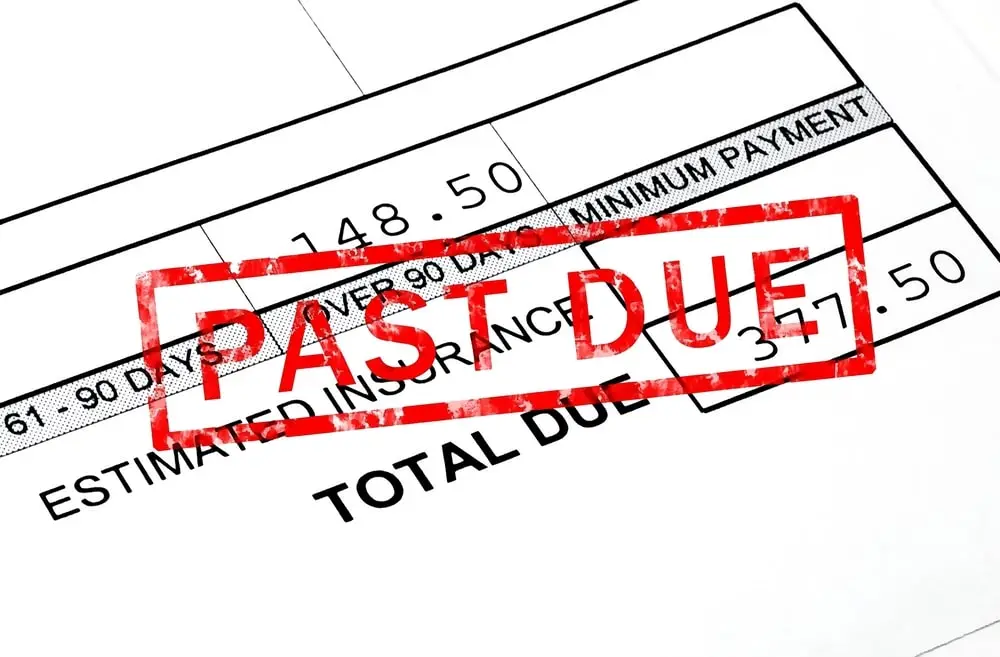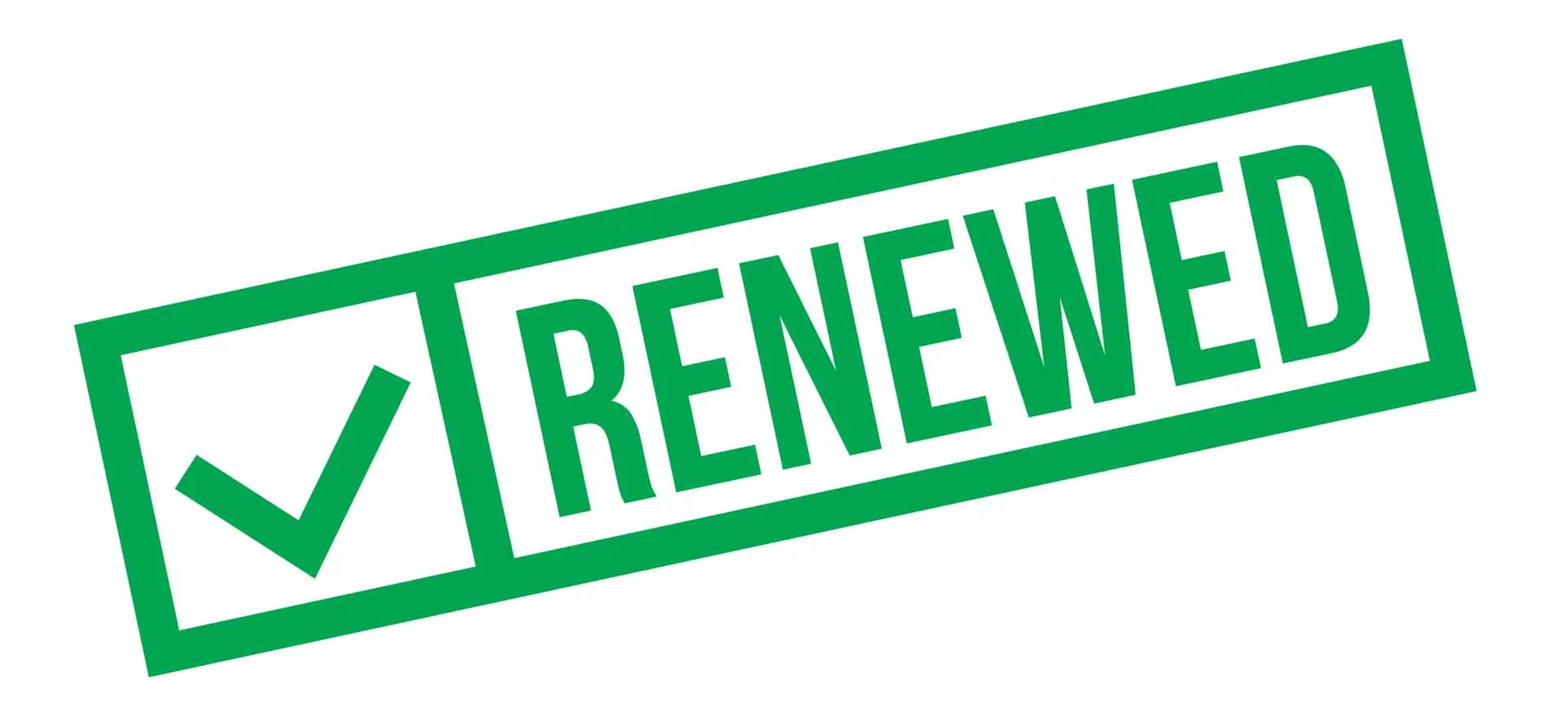A collection agency bond, also known as a surety bond, is an essential requirement for debt collectors in order to ensure compliance with state laws and ethical practices. With this type of bonding solution available to them, collection agencies themselves are able to protect their clients from potentially fraudulent activities while maintaining legal adherence.
This guide will explore the purpose behind collection agency surety bonds themselves, how much they cost, and why businesses should consider taking out such collection agency surety bonds themselves, so that both themselves and those receiving services benefit.
By familiarizing yourself with collection-specific requirements ranging from multi-state regulations down through basic understanding of these types of securities – having knowledge on what exactly goes into acquiring an affordable yet compliant set of coverage can help your business remain secure even when tough times arise.
Key Takeaways
- Collection agency bonds safeguard consumers from unlawful debt collection activities and ensure ethical practices.
- Businesses must obtain a bond to comply with regulations, build credibility and protect consumers.
- Understanding state requirements, improving credit score & staying informed are key for successful compliance with collection agency bonds.
Understanding Collection Agency Bonds

A collection agency bond is a surety type bond of protection that guarantees debt collectors conduct their practices ethically and professionally. It binds the company to adhere to these expectations when either collecting money or monies from individuals or businesses in order for them to be authorized, bonded, and functional with such collection agency bonds.
To make it all happen, you must contact an applicable state department that administers collections agencies along with considering checklists given online as guidance throughout the bonding process.
While most states require collection agencies to ask for registration/licensure forms plus a collection agency surety bonds are protections making certain compliance occur.
If funds collected are mishandled, affected parties can file complaints against the bond issuer to seek reimbursement and ensure financial coverage. Surety insurance coverage helps legitimate cases by providing reimbursement to innocent victims after verifying claims.
The Importance of Collection Agency Bonds for Your Business
Agency bonds, sometimes referred to as debt collector bonds, are essential for creating trust and confirming that the collection agency adheres to state laws to receive a business license. A lack of this bond will lead to legal repercussions like penalties and may even affect your ability to obtain or retain a valid business permit.
These bonds also guard consumers by ensuring collection agencies only work with appropriate integrity when recovering unpaid debts, so they don’t end up experiencing fraud or illegitimate tactics from collecting money from debt collectors.
Having an established collection agency bond can bring great advantage not only for you but also positively on the entire debt collection agency industry, enhancing reliability and fairness between creditors and customers alike.
State Requirements for Collection Agency Bonds

Collection agency bonds have a wide range of requirements from state to state, with bond amounts varying between $5,000 and $50,000.
You must look into the obligation details for any collection agency bond work or jurisdiction your business operates in as not complying with industry regulations can lead to repercussions, which may result in the revocation of your business license.
For this purpose, we will review some examples showing specific arrangements related to these kinds of bonds.
Florida Commercial Collection Agency Bond
A commercial collection agency bond for $50,000 must be acquired by debt collectors wishing to conduct business within Florida. This guarantee costs $600 and assures consumers that ethical and professional standards will be maintained, helping protect them from malicious behavior on behalf of any collection agencies operating there. Apply Now
Tennessee Collection Service License Bond
A Collection Service License Bond is required for debt collection agencies operating in Tennessee. This bond will guarantee that the company adheres to state regulations stipulated by the Tennessee Collection Service Act. The bond penal amount (cost) depends on the number of employees employed by insurance company. This ensures businesses are kept accountable to professional standards regardless of size. Apply Now
Determining the Cost of Collection Agency Bonds

The cost of collection agency bonds can be affected by a few different factors, including total bond amount, credit score and state regulations. Speaking, premiums usually range from $100 to $500 per year.
This may differ based on the type of collection agency bond cost amount in question and who is applying for it. To gain insight into how these three parties and aspects could affect your business’ costs with regards to obtaining an a collection agency bond cost amount, we will explore each factor separately below.
Bond Amount Variations
In different states, the bond requirements for collection agencies can vary significantly, from one region to another. This translates into a difference in cost when obtaining a collection agency bond since larger bond amounts usually come with bigger premiums.
Researching and understanding the bonding obligations of each location where you want to work is thus necessary if you intend to calculate an exact sum required for bonding company for your business venture accordingly.
Credit Score Impact
Having a good credit score can considerably reduce the expense of obtaining collection agency bonds. Those with weak or poor credit need to pay more for their collection agency bond ensures and premiums than others whose scores are better. Yet it always depends on which collection agency bond cost or other surety company, bond or insurance company is involved.
Making your creditworthiness stronger is an essential component in cutting down costs associated with getting an agency bond.
State-Specific Costs
The costs for collection agency surety bonds vary from state to state. For more precise and up-to-date information concerning the state governments respective collection agency surety bond requirements and associated charges, it is recommended that a collection agency surety bond provider be contacted or relevant licensing agencies are consulted in states where operations will take place.
Having an understanding of the various cost demands related to acquiring as well as maintaining an appropriate collection agency bond can help with better predicting expenses incurred overall.
Steps to Obtaining a Collection Agency Surety Bond

Obtaining a collection agency surety bond is quite simple and involves several steps, from submitting an application to paying the annual premium amount. We’ll take a closer look at each step below, so that you have all the details when it comes time for obtaining this kind of collection agency surety bond.
Application Process
In order to obtain a collection agency surety bond, with Surety Bonds Co, you click get quote on the bond page, fill out the short form, pay the premium (online), then Docusign the agreements, then simply download and print your new collection agency bond that is now in full force and effect.
Bond Renewal

It’s essential that it be renewed annually in order to remain compliant with state regulations. This renewal process entails similar steps as initially obtaining a bond, providing updated information, plus paying another annual premium fee. Keeping track of when bonds need renewing will help avoid hefty fines or penalties set by these same regulatory authorities.
Navigating Multi-State Collection Agency Bond Requirements
Bond requirements for collection agencies can vary considerably across multiple states, making the task of adhering to such regulations complicated. The process is made even more complex by the fact that each state in which a business operates requires its own bond.
It’s vital these organizations do extensive research into relevant licensing authorities, state governments and regulatory bodies in most states so they understand all bond obligations prior to operating there. Ensuring compliance with multi-state bonding laws is essential for successful operations within multiple states in this industry, as failure to meet standards in most states requiring collection agencies could result in legal repercussions.
Dealing with Bad Credit and Collection Agency Bonds

Getting a collection agency bond when you have bad credit or low credit score can be difficult since it puts the surety company at greater risk. To help those who have lower or bad credit scores, some providers of such collection agency surety bonds offer special programs that are designed to accept applicants with less-than-perfect credit ratings.
Suppose your financial record isn’t in great shape, and you need this kind of surety bond. In that case, looking for companies that provide options for customers with poor or bad credit, or speaking to an expert in surety bonding may prove useful so as to ensure finding cost-effective rates even despite not having ideal conditions.
Tips for Maintaining Compliance with Collection Agency Bond Regulations
For a successful and long-lasting debt collection agency, adhering to the regulations associated with bond requirements is essential. To remain in good standing with state licensing authorities and avoid possible penalties or fines, annually renewing your bonds is necessary.
Ethical practices need to be strictly followed. This includes documenting all transactions correctly, promptly answering customers’ complaints/inquiries plus treating them fairly while going through the debt recovery process. Staying aware of any changes regarding debt collector bond necessities as well as following these tips can protect an organization’s reputation within this sector while guaranteeing ongoing success for years ahead.
Summary
Collection agency bonds are integral to the debt collection agency industry, providing assurance that companies will operate in an ethical way and abide by all state regulations. Getting these bonds can be difficult for those with bad credit scores, but it is still possible if you have access to the right knowledge and resources.
As a collection agency owner, keeping up-to-date on debt collector bond requirements as well as observing good business practices helps build a positive reputation while staying compliant with local laws. Contributing significantly towards making sure debt collections are conducted fairly. So take advantage of what this type of debt collector bond has to offer, doing so could help your company flourish!
Frequently Asked Questions
What is a bonded collection?
A surety bond assures clients that a collection agency is adhering to all applicable laws and regulations. This way, even if the business goes under, customers can still receive payment collect debts owed from their debt recovery efforts. The acquisition of such a surety bond oversees collection agencies also allows for peace of mind in cases where money has been promised by this specific collection agency.
What is a collection agency bond?
A collection agency surety company, bond, protecting customers and ensuring that debt collectors are acting professionally is what constitutes a collection agency surety company, bond. This type of security promises ethical practices, with the ultimate aim to provide security.


